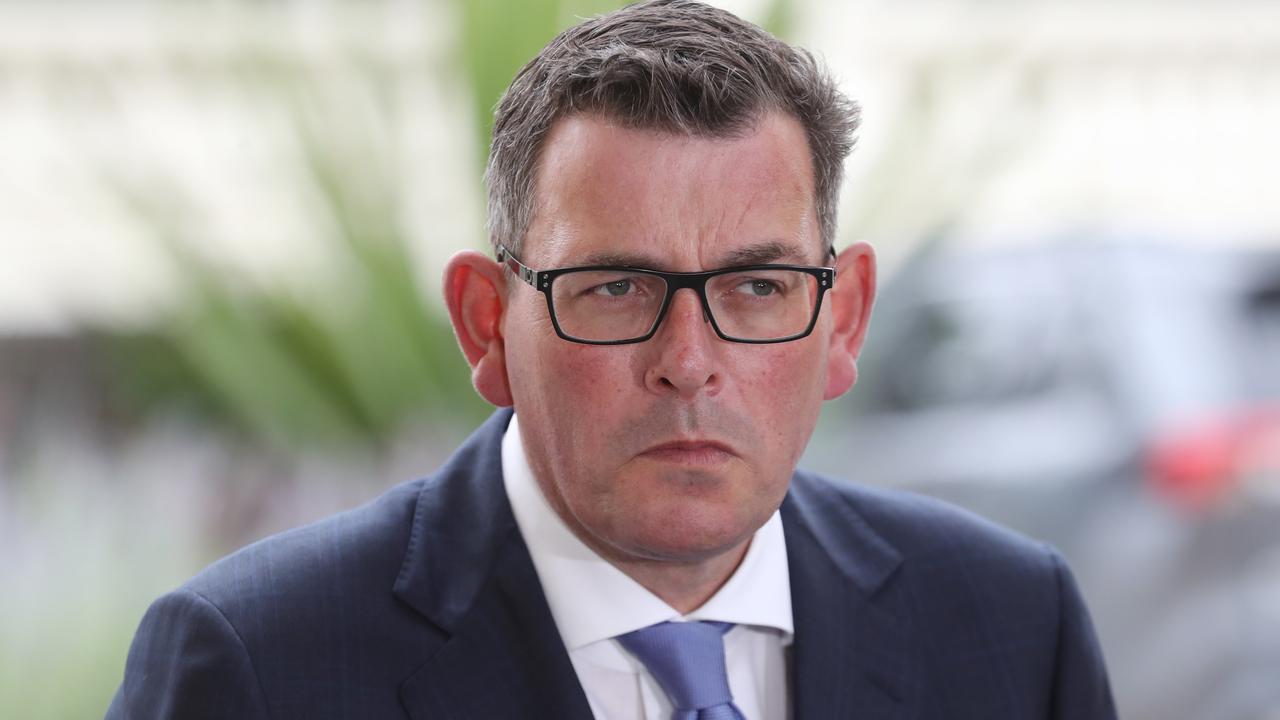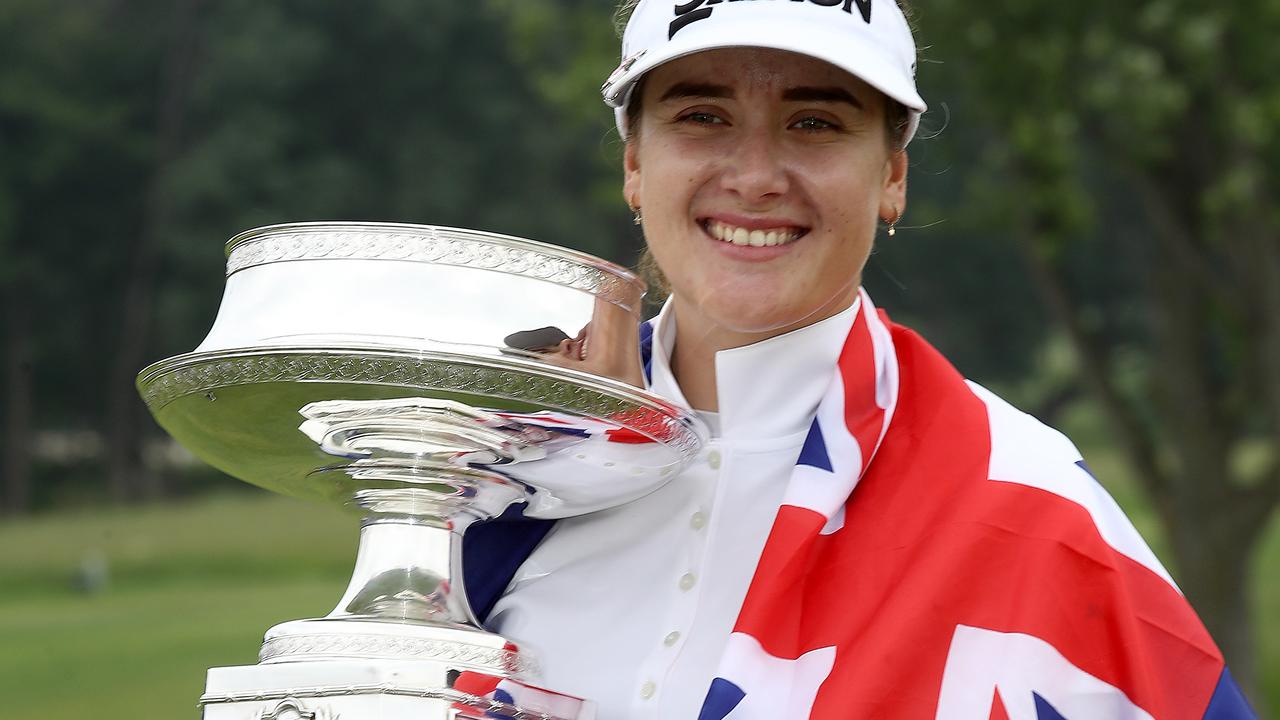Inside Rickie Fowler’s stunning resurgence from rock bottom, as he heads into The Open
Rickie Fowler fell to world No.185 last September and people had stopped mentioning him among the best players never to have won a major. His revival has been amazing, writes RICK BROADBENT.

Golf
Don't miss out on the headlines from Golf. Followed categories will be added to My News.
When the filmmakers arrived in the heart of a Native American reservation in Arizona they found a community suffering in the straits of poverty. Yet in this town with a population of 4,500, more than 6,000 people would attend the high school basketball matches, and the hand-me-down trauma was temporarily suspended. For Rickie Fowler, the executive producer with Navajo heritage, Basketball or Nothing showed the power of sport to mine hope from strata of pain.
That 2019 role involved visiting Chinle Wildcats players in their mobile homes and hearing stories of alcoholism and suicide. It showed another side to Fowler, a player who had been accused of favouring style over substance with his orange outfits and plethora of commercial deals. Even as recently as April, when his place at the Masters was disappearing, Nick Faldo quipped that at least he could now film another six commercials.
Faldo rowed back on that remark, but he had not been alone in aiming such barbs and Fowler’s decline became a cautionary tale. This was a man who in 2014 joined Jack Nicklaus and Tiger Woods as the only men to have finished in the top five at all the majors in a single year. That was the summer when he was the Open runner-up to Rory McIlroy at this week’s venue at Royal Liverpool. He now has ten pro wins in all, but the near-misses segued into a plateau and a slow trickle down the pyramid, all the way to No 185 last September. By then people had stopped mentioning him during debates about the best players never to have won a major.
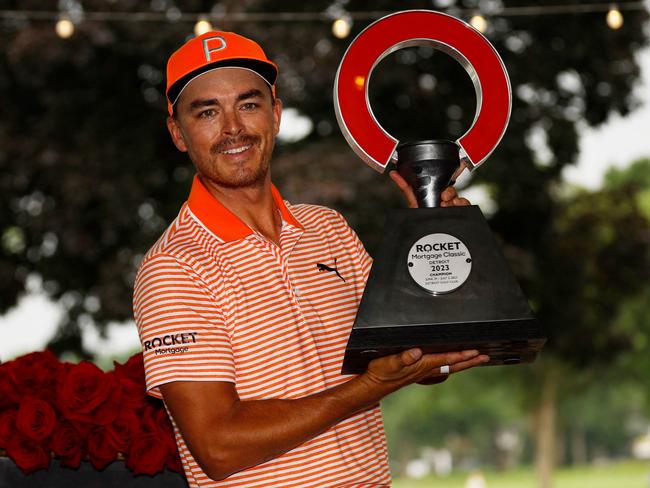
From that nadir, Fowler, 34, has now unearthed hidden depths. Up to No 22 in the rankings, he won his first tournament for four years at the Rocket Mortgage Classic in Detroit two weeks ago. That came after he had led the US Open going into the final day, and if he faltered to fifth, it was more proof of a renaissance.
The key was a call in September to Butch Harmon, the former coach of Tiger Woods, Phil Mickelson et al. The wily teacher, 80 next month, had previously worked with Fowler, but they had parted ways, with Harmon drained by travel. Fowler instead worked with John Tillery, but admitted it was “like speaking a different language”, and Harmon watched from afar and awaited the SOS call. The reunion sparked instant results. “When he won in Detroit it meant more to me than many of the majors because I knew how far he had fallen,” Harmon says. “He had hit rock bottom. It meant a lot personally because I love the young man. I’ll tell you how nice he is: if I had a daughter I’d want him to marry her.”
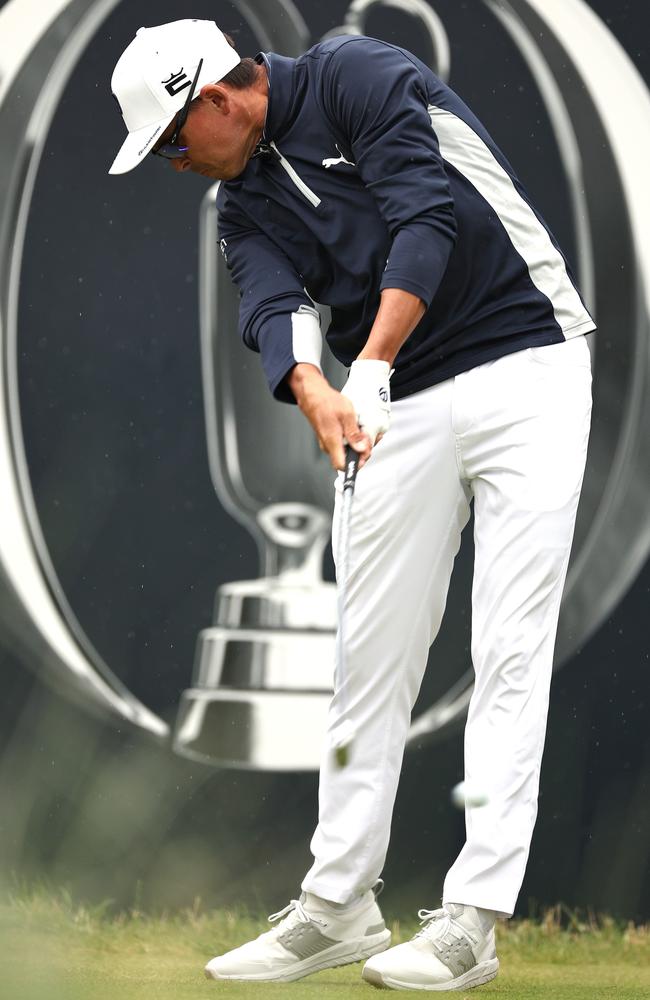
For Harmon the fix was simple. “He had to change the plane of the left arm at the top,” he explains. “It was too flat and he needed to get it more elevated. We got him comfortable with that and then he had to put more turn in his hips. That way the club would not get stuck behind him coming down.
“I said at the start of the year that Rickie Fowler was going to win again and everybody thought I was crazy because it had been so long and he had played so poorly. Even after that poor last round at the US Open I talked to him and said, ‘This is just a speed bump in the rest of your career, you’re back and you know you’re back.’
“When he won at the Rocket Mortgage he said he’d kind of let it slip away, but I was glad because he had to suck it up and hit a phenomenal shot to make the play-off. That’s when I knew he was back because he had to reach down inside and pull it out of himself to make it happen. Make no mistake, this is the start of the rest of his career.”
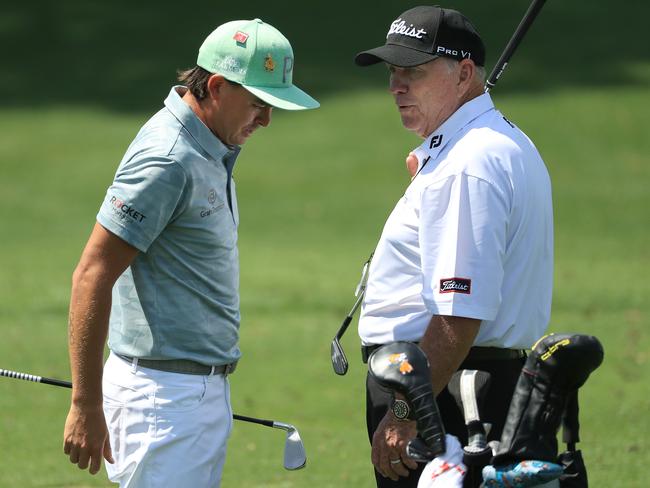
Rickie Yutaka Fowler’s first coach was his grandfather, Yutaka Tanaka, who had spent his early years in a Second World War internment camp because his parents were Japanese and a government edict forced families from their homes in California to barracks in Wyoming. “Taka” recalled that he would sneak out to hunt for lizards and, himself, be captured every day.
Fowler has just bought the Murrieta Valley Golf Range in the Santa Ana Mountains, where Taka took him every Wednesday, and his father delivered gravel for the parking lot in exchange for balls. It was a road travelled in golf, with his father mixing his trucking business with life as a dirt-track racer. Fowler followed suit as a thrillseeker until broken bones turned him to golf.
With Japanese and Navajo grandparents on his mother’s side, Fowler has been an advocate for providing chances for those beyond American golf’s traditional demographic. “I wanted it to be open for the next generation,” he said of his new purchase. His 2019 Netflix film was a world away from the Full Swing storylines about private jets and LIV Golf millions, and was about “life lessons” and how sport and resilience could change “the future”.
“That’s his nature,” Harmon says. An evergreen enthusiast, Harmon will not be in Hoylake this week, but will text, telephone and watch video clips to reinforce their work. In practice he says he likes to do “maintenance”, which involves Fowler exaggerating the actions so that the mechanical becomes rhythmic.

“It’s a golf course he knows well,” Harmon says of Royal Liverpool. “He controls his ball beautifully and is one of those players who can move it right to left, left to right and up and down. He plays well in the wind. Rory is probably the favourite but I like that because Rickie can fly under the radar and not answer all the damn questions.”
Harmon struggles to comprehend that McIlroy has not won a major since the 2014 US PGA Championship, but says the world was spoilt by Woods. “I don’t think we will ever see anyone make it look as easy as he did between 1999 and 2006, but the quality of players is better now. That’s why nobody holds No 1 for long and it’s more a committee. There is no ‘next Tiger Woods’, there’s just next-generation players.”
Fowler, though, is back in the mix, the argument and the grit of golf’s big-time. Harmon, biased but sagacious, is sure another story of sporting revival is now being made. “His goal is not just to win a major,” he says. “It’s to win a few.”
Originally published as Inside Rickie Fowler’s stunning resurgence from rock bottom, as he heads into The Open

